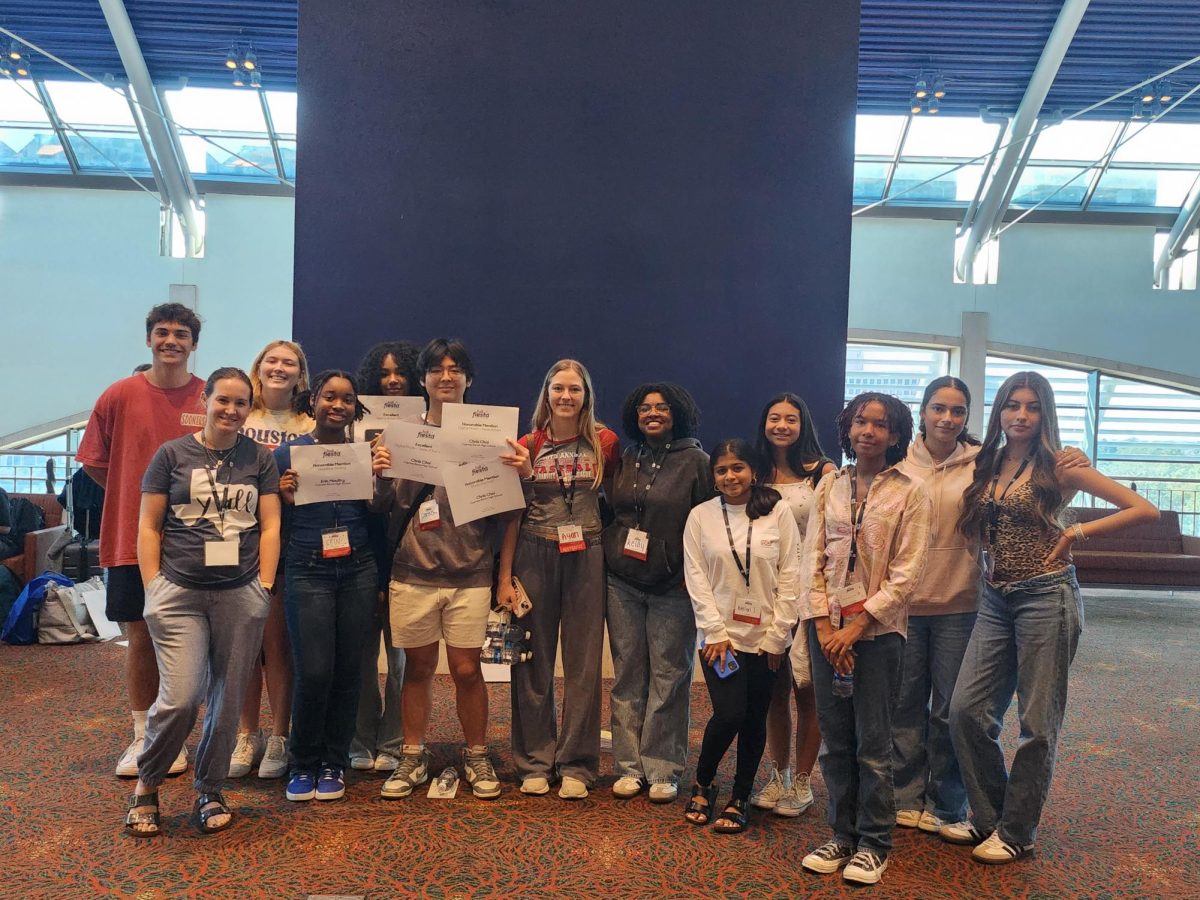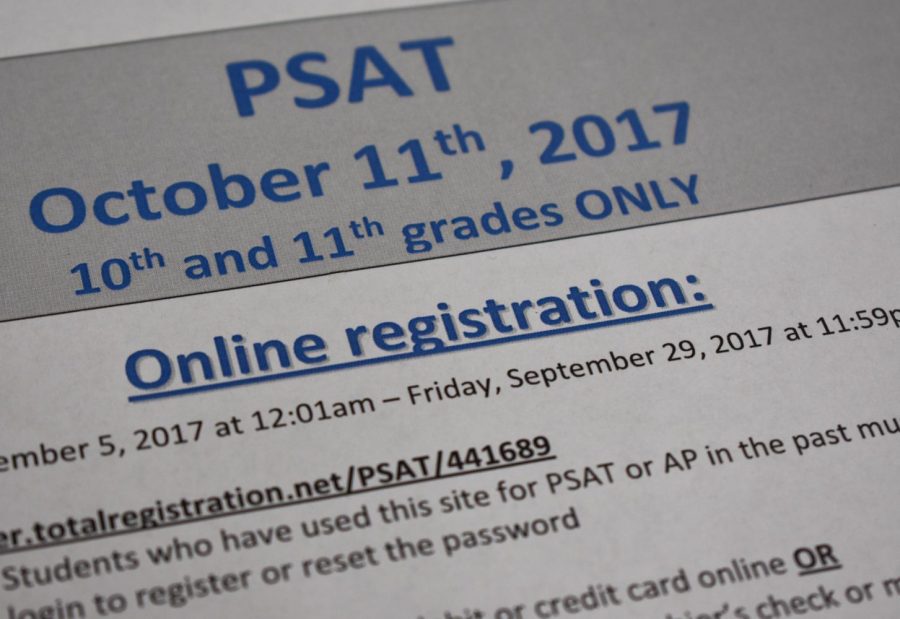Tips for PSAT / SAT / ACT
October 2, 2017
Across the United States, students will soon be facing standardized tests which include the PSAT, SAT, or ACT. All of these tests are filled with loads of questions made to challenge students with time limits; complexity; or straightforward, difficult questions.
For Sophomores and Juniors, the online registration for the PSAT lasts till September 29th. Late registration will begin on October 2nd and last until October 6th. The registration cost for before September 29th is $21. After September 29th, it will be $25. Juniors who do not register for the PSAT will be automatically signed up for the ASVAB.
The benefit for taking the PSAT for Sophomores is that it’ll help them plan for the SAT. For Juniors, the score is connected to the National Merit Scholarship and many other scholarships.
Preparation for these exams can be done with a couple of practice tests in multiple programs.
Here are some recommendations:
- Khan Academy: This is a website that offers free SAT prep. The site gives free practice tests which give back automatic feedback. It also provides videos – explaining good strategies and general advice.
- CFISD Scholars Program: This program is located at school, and it allows students to receive advice and methods. It offers mainly SAT prep, and it does cost money. Students will only be qualified for this if they’ve taken the PSAT during their Sophomore year.
- PrepScholar: This is an online program that shapes itself around a person’s weaknesses and gives feedback. It offers SAT and ACT prep, however this program does cost money.
- Testmasters: This is a program where students are placed in an actual classroom environment with a teacher. It allows students to receive advice and personalized feedback in real time. It offers SAT and ACT prep, and it does cost money.
Although it’s important to prepare for these tests, sometimes the simplest advice is forgotten.
Here is some advice:
- Do not panic: Most likely, stress will flare up on a few questions, but to extinguish the flames it’s better off to guess and move on than freezing up on a single question as time withers away.
- Read the questions carefully: You’ve probably heard this many times, but it’s still beneficial to have this wandering inside the back of your head. The SAT contains complex questions that may require multiple readings, since information cannot always be retained in an instant.
- Manage your time wisely: All of these standardized tests have a time limit, so the test taker needs to find a way to finish efficiently. Becoming time-efficient is difficult, however, time-management can be improved upon. Test takers can take practice tests and time themselves, rather than working on a specific section of the test. For most test takers, the first or second section of the test will tire them out. This is why it’s important to get adjusted to this testing environment, where time-management is key.
Overall, standardized tests are difficult for most students, but it is possible to achieve the best score given.






































